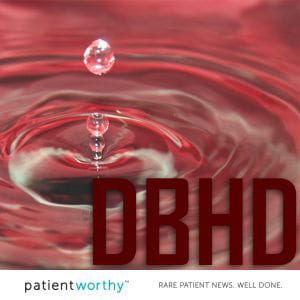
We believe rare disease patients are people, not a diagnosis. Through education, awareness and some humor, we help patients, caregivers and support persons by providing relevant and often inspirational news and stories.
Our goals are to share stories, cultivate strong community, provide the latest medical findings, connect people and pioneer production of patient worthy information. Help us attain these goals by telling us a little bit about yourself!
Let’s Work Together!
© Copyright 2024 Patient Worthy






